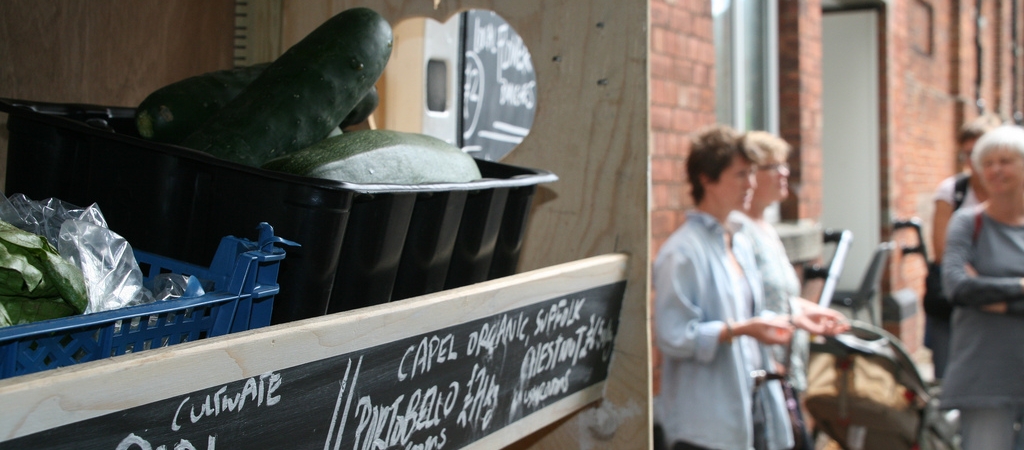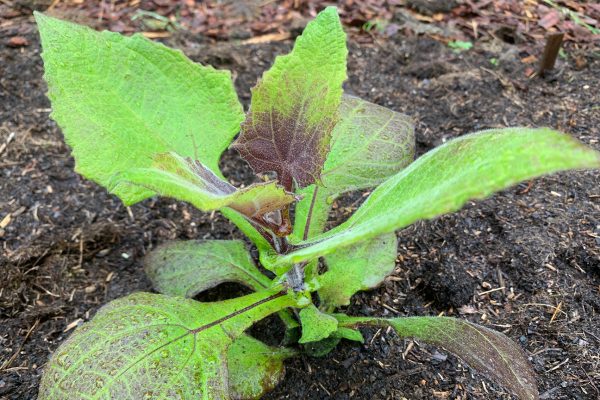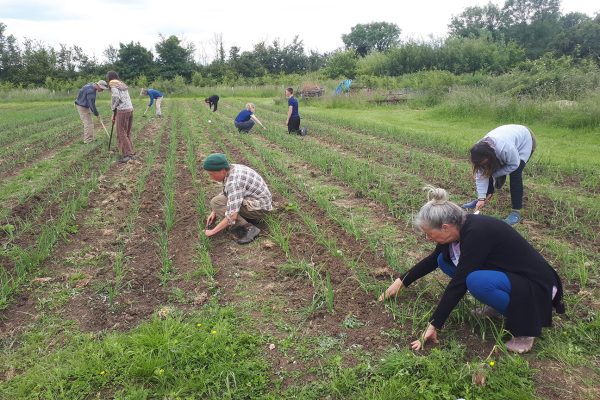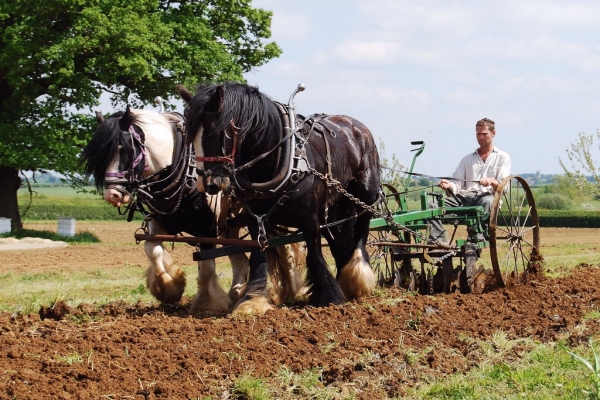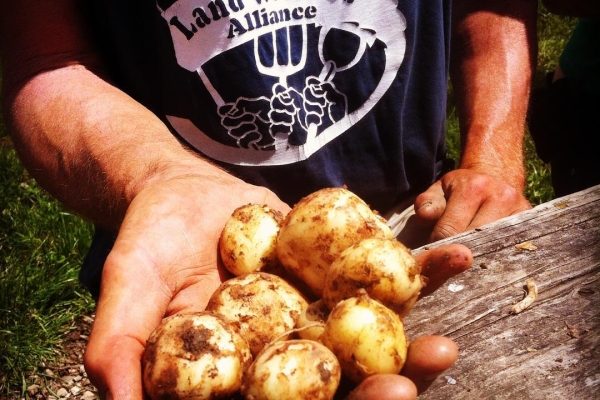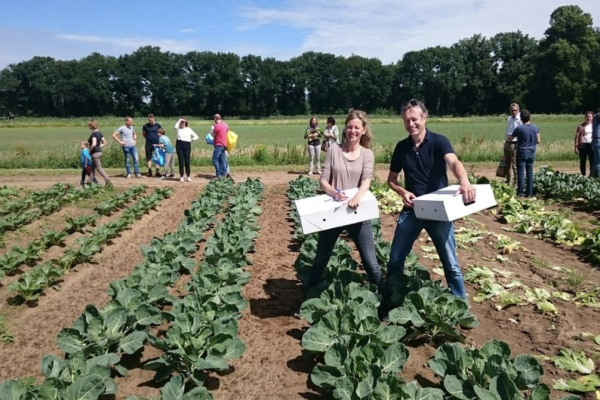Community Supported Agriculture: A survival guide for projects
Resource explained
Community Supported Agriculture (CSA) partnerships all have the common principles of sharing the risks, rewards and responsibilities of food production. This short guide for CSA projects was developed by Better Organic Business Links (BOBL), an Organic Centre Wales project. Whilst it targets Welsh CSA members, it has relevance across the UK.
The guide acknowledges that CSA projects are dependant on the commitment and passion of founding members, the good will of members (both producer and community) and grant funding. Maintaining projects for the long term can be a difficult task. This guide provides some pointers towards helping you increase the longevity of your project. This is based on drawing upon lessons from other countries that have more developed CSA networks such as Japan, France and the USA. It describes what is termed as the ‘Key survival factors’ for CSA members to help build and maintain lasting projects.
Findings & recommendations
- The ‘Key survival factors’ are divided into: clear structure, realistic pricing and pragmatic forecasting, choosing a suitable site, getting the right kit, getting the right people, securing land tenure, using realistic crop plans, good communications, and access to an appropriately size population.
- A clear structure ensures that all people involved understand their rights and roles. The relationship between producer and members is particularly important.
- Realistic pricing from the outset that encompasses the true costs of sales is vital.
- A suitable site with favourable soils, topography and other characteristics is important.
- Make sure that you get the right kit for your produce goals.
- Get the right people; a mix of experienced members (or those keen to learn fast) and volunteers is ideal.
- Try to secure a five year Farm Business Tenancy as a minimum.
- Plan cropping realistically – it is tempting to offer a wide variety but this can be challenging to maintain.
- Good communication with members is essential.
- Ensure you have access to an appropriately sized population to sustain your CSA.
There are excellent online resources and support systems in place throughout the UK. The UK Network CSA website should be your first point of call – it includes information on the benefits of CSAs, case studies, news, events, help and advice, and links to many useful resources.
